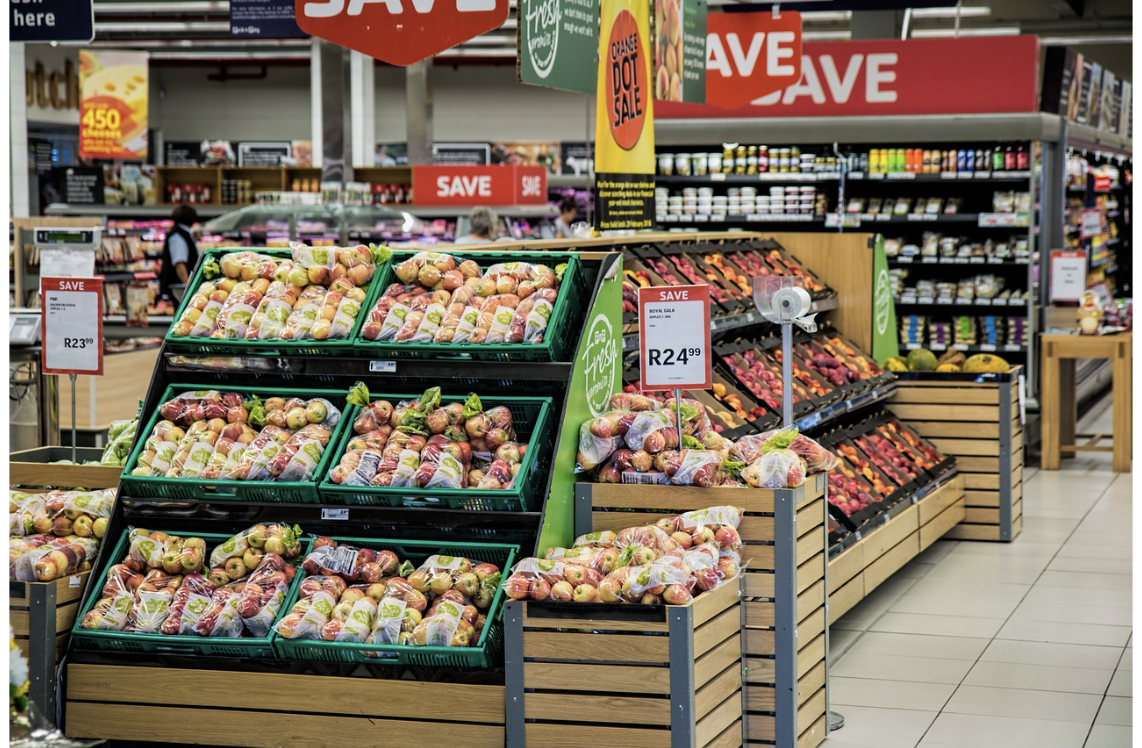Grocery Shopping on a Tight Budget: A Beginner's Guide

Are you tired of going to the grocery store and spending way too much money on groceries each week? You're not alone. Many people struggle with sticking to a budget when it comes to grocery shopping. However, with a few simple tips and tricks, you can learn how to shop smarter and save money while still getting all the essentials you need.
In this beginner's guide, we'll dive into the world of grocery shopping on a tight budget. We'll some tips on how to create a budget, make a shopping list, and find the best deals. We'll also discuss ways to shop for seasonal produce and meal plan effectively. By the end of this guide, you'll have all the tools you need to become a savvy grocery shopper and save money in the process. Let's get started.
Create a Budget
Creating a budget is the first and most important step to grocery shopping on a tight budget. Before you head to the store, take some time to sit down and determine how much money you can realistically spend on groceries each week or month. This will help you prioritize what items are essential versus what can be considered as extras.
It's also important to stick to your budget once it's been set. This may require some discipline and self-control, but it will ultimately help you save money in the long run and prevent overspending on unnecessary items. Consider using budgeting apps or spreadsheets to track your expenses and stay within your designated budget. So, always plan ahead and create a budget before heading to the grocery store.
Use Coupons and Discounts
Coupons and discounts are a great way to save money on groceries. They can be found in various places, such as newspapers, online, or even through store loyalty programs. You can read more on how to find and use coupons to save money when shopping for groceries. In addition to traditional coupons, many stores offer discounts or rewards programs to their customers.
Take advantage of these by signing up and using them when you shop. Also, keep an eye out for sales and promotions at your local grocery store. By combining coupons with sales, you can get even more significant savings on your purchases. Don't be afraid to stock up on items that you regularly use when they are on sale. Just be sure to check the expiration dates and only buy what you can consume before it goes bad.
Shop for Seasonal Produce
One of the best ways to save money on groceries is by buying seasonal produce. Not only is it usually fresher and tastier, but it's also often cheaper. Fruits and vegetables that are in season are more abundant, which means they can be sold at lower prices. Check your local farmer's market or grocery store for seasonal produce options.
You can also plan your meals around what's in season to save money on ingredients. Additionally, you can freeze or preserve extra produce when it's in season to use later on when it's not as readily available.
Make a Shopping List
Before heading to the grocery store, make a list of everything you need. This will help you stay focused and prevent impulse buys that can quickly add up at the register. Take inventory of what you already have at home and plan meals accordingly to avoid wasting food or buying duplicates.
Organize your list by categories, such as produce, dairy, meat, and pantry items. This will make it easier to navigate the store and ensure that you don't forget anything. Stick to your list as much as possible, but also be open to making substitutions if something is out of stock or not on sale at the moment.
Meal Plan to Avoid Wasting Food
Meal planning is another essential aspect of grocery shopping on a tight budget. By planning out your meals for the week, you can avoid buying unnecessary ingredients and reduce food waste. Look for recipes that use similar ingredients to save money and prevent excess purchases. Sunday meal prep can also be a helpful way to save time and money throughout the week.
Don't be afraid to get creative with leftovers and repurpose them into new meals. This can help stretch your grocery budget even further. And remember, planning your meals doesn't have to mean boring or repetitive food options. There are plenty of budget-friendly recipes out there that are both delicious and nutritious.
Compare Prices at Different Stores

Another way to save money on groceries is by comparing prices at different stores. While it may be more convenient to do all your shopping at one store, you could be missing out on better deals elsewhere. Take the time to visit multiple grocery stores in your area and compare prices for common items on your list.
You can also use apps or websites to compare prices online before heading to the store. Keep in mind that different stores may have sales or promotions at different times, so it may be worth splitting your shopping trip between a few locations to get the best deals. However, also consider the cost of gas and your time when deciding if this option is worth it for you.
Grocery shopping on a tight budget doesn't have to be stressful or overwhelming. With proper planning and some simple strategies, you can save money while still getting the essential items you need. Remember to create a budget, take advantage of coupons and discounts, shop for seasonal produce, make a shopping list and meal plan, and compare prices at different stores to get the best deals. With these tips in hand, you'll be a savvy grocery shopper in no time.






